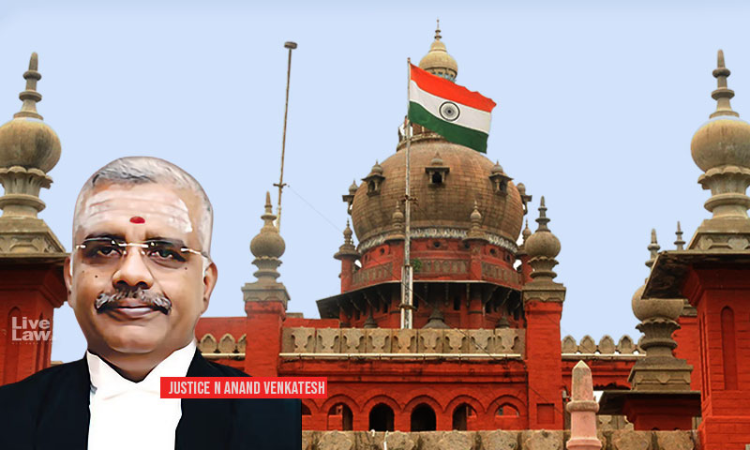Degree Of Certainty Must Be Arrived At Before A Fact Is Said To Be Proved: Madras High Court
Upasana Sajeev
9 April 2022 5:14 PM IST

Next Story
9 April 2022 5:14 PM IST
The Madras High court allowed a second appeal filed by one R. Selvaraj (died) and his legal heirs against the order passed by Sub Judge in appeal suit for enjoyment of the suit schedule property. Justice N. Anand Venkatesh, while passing the order focused on the importance of bringing certainty to a fact especially in civil matters. The disputes in the present appeal were with...
